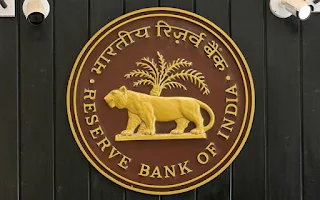Current context: RBI has liberalised the External Commercial Borrowings (ECBs) both for corporates as well as non-banking finance companies (NBFCs) lenders for easing liquidity.

a. General corporate purposes
b. Working capital purposes
c. Borrowing by NBFCs
d. All of them

- The liberalisation on ECBs is applicable for those taken for general corporate purpose loans, repayment of rupee loans and as working capital.
- The NBFC sector along with several corporates was facing liquidity shortage as were unable to access credit from domestic sources.
- ECBs having a minimum 7 years average maturity period can now be availed for repayment of rupee loans availed domestically for capital expenditure and for on-lending NBFCs for the same.
- As per RBI, ECBs with minimum 10 years average maturity period can be used for general corporate purposes, working capital purposes and borrowing by NBFCs.
- Corporate borrowers will be able to avail of ECBs to repay rupee loans taken for Capital expenditures if they are into infrastructure building or manufacturing and classified as SMA-2 or Non-Performing Asset, Special Mention Account, under any one-time settlement arrangement with lenders.
Question:
Q.1 As per RBI norms, ECBs with minimum 10 years average maturity period can be used for?a. General corporate purposes
b. Working capital purposes
c. Borrowing by NBFCs
d. All of them

